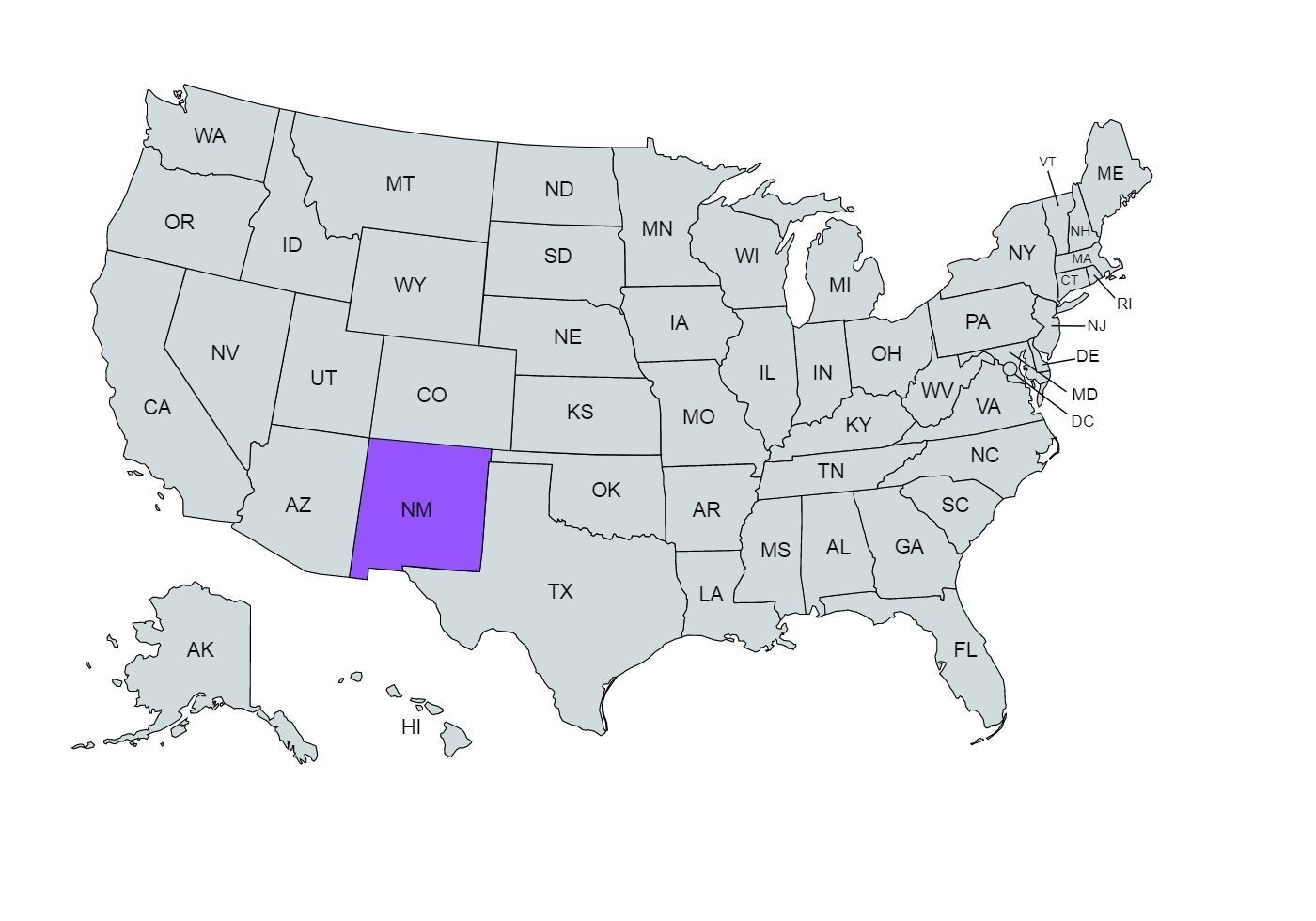New Mexico Paycheck Calculator: Calculate Your Net Pay
If you’re wondering, “How do I figure out how much money I take home in New Mexico” we’ve got you covered.
Use our simple paycheck calculator to estimate your net or “take home” pay after taxes, as an hourly or salaried employee in New Mexico.
Paycheck Calculator
Meanwhile, get ahead with our free resources:
How Does the Paycheck Calculator Work?
Input your salary information, such as wage and pay frequency, and our tool will handle the tax calculations for you. Once you’ve filled in all the information, click the “Calculate Tax” button, and the calculator will provide an estimate of your net or “take home” pay for the specified pay period.
Overview of New Mexico Taxes
In 2017, New Mexico had a gross domestic product (GDP) of $94.2 billion, per capita personal income of $39,811, ranking 48th nationally.
The state is a big supporter of film production with incentives that have significantly contributed to its economy, bringing in over 85 film projects and $1.2 billion since 2003.
Other key drivers of the state's economy include oil and gas production, tourism, and federal government spending.

If you decide to start a new job in the "Land of Enchantment", here's what to expect tax-wise.
New Mexico employs a progressive income tax system with tax rates ranging from 1.70% to 5.90%, which are among the lowest in the nation, and no local income taxes are imposed by New Mexico cities.
When you start a job in New Mexico, your employer withholds FICA taxes, including a 1.45% Medicare tax and a 6.2% Social Security tax, with employers matching these contributions.
Income exceeding $200,000 is subject to a 0.9% Medicare surtax, unmatched by employers. Your paycheck frequency, such as biweekly or monthly, affects its size.
New Mexico's taxes are generally favorable due to low-income tax rates and no local income taxes.
Median Household Income in New Mexico
Salary in each state is typically based on the cost of living. While salaries vary widely based on position, the median household income in your state can give you a glimpse at the average salary a household is earning in your region.
Starting at $41,963 in 2011, the median household income steadily increased year by year, culminating at $53,992 in 2021.
The most substantial leap in New Mexico's median household income occurred between 2017 ($46,744) and 2018 ($47,169).
While the increase may appear relatively modest compared to the overall trend, it represents a noteworthy jump in a single year, suggesting potential economic improvements or policy changes during that period.
This upward trajectory in income levels signifies a robust and resilient economy, where households are earning more over time.
Tips for Maximizing Your Paycheck
Here are some tips to help you maximize your paycheck:
- Become familiar with your payroll deductions
- Understand techniques for reducing your tax
- Fully utilize your work-related perks
- Develop a financial plan and define financial goal
- Look into additional income through extra hours or performance incentives
- Regularly check your pay stubs for inaccuracies
